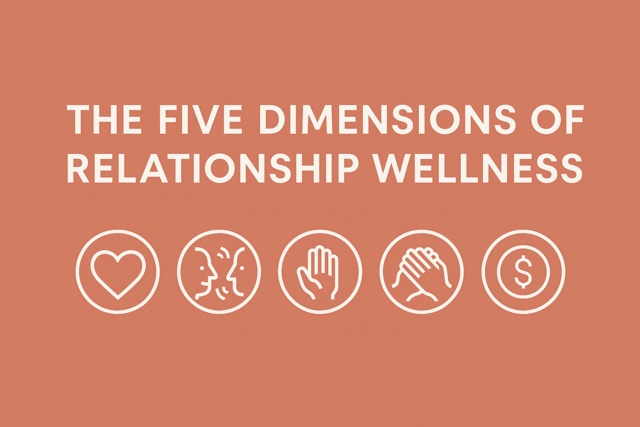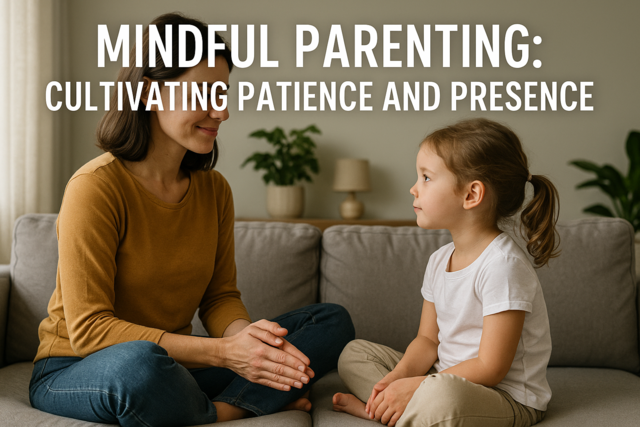Online Class: The Science of Happiness in Family Life

-
15Lessons
-
21Exams &
Assignments -
3Hours
average time -
0.3CEUs
Course Description
In a world where connectivity often revolves around screens and digital interfaces, the essence of genuine human interaction can sometimes feel beyond our grasp, particularly within the sanctum of our own families. Imagine, though, if you could transform these everyday moments into profound experiences of joy, communication, and love—a transformation that not only uplifts but fundamentally reshapes your family life. Welcome to "The Science of Happiness in Family Life"—not just a course, but a journey into the heart of what it means to cultivate true happiness within your family.
From the first moment you engage with this course, you'll step into a world where science meets the heart—a harmonious blend of Positive Psychology and emotional intelligence tailored specifically for family life. It's more than theory; it's an actionable pathway that takes you from knowing to doing, from understanding to experiencing the joy of togetherness at its deepest level. You'll uncover the secrets of resilience and learn how social engagement and financial stability can be harnessed to create a robust foundation for your family's happiness.
Picture a family dynamic where positivity isn't just a fleeting moment but a continual presence, nurtured by the principles of the PERMA model. Here, Positive Psychology shifts the focus from potential deficiencies to celebrating strengths, engagement, and meaningful relationships. You'll learn to cultivate environments where smiles aren't forced, but naturally emerge from moments of genuine joy and understanding.
Emotions, too often seen as tumultuous, become your allies as you delve into the intricate dance of emotional dynamics. Unmask the hidden language of emotions, transforming triggers into gateways of connection. Empathy and mindfulness are your guides, teaching you how to listen, and more importantly, how to hear what is unsaid. Imagine a household where openness reigns and emotional tools once foreign become second nature.
Amidst the noise and chaos of daily life, your family's voice becomes its anchor. Voice and tone, sometimes disregarded, emerge as powerful forces for strengthening ties and fostering an atmosphere of cultural and emotional competence. Through this journey, you'll engage in transformative activities designed to hone expressive and interpretative skills—not just as individuals, but as a cohesive family unit, enhancing bonds and understanding.
Gratitude and forgiveness are not just virtues but transformative practices that reshape interactions and mend rifts. You'll discover the art of gratitude, redirecting family dialogues from blame to empathy. In this haven of emotional strength, forgiveness is your ally, nurturing not only peace but an environment where long-term relationships flourish.
Stress—the ubiquitous enemy of happiness—will no longer hold power over your household. By embracing empathy and aligning parenting styles, you'll dismantle communication barriers, turning potential stress into nurturing growth opportunities. This course dispels the myth of instant solutions, instead guiding you through the nuances of truly lasting familial happiness.
Yet, this course is more than knowledge. It's an invitation to ongoing transformation—a call to integrate mindfulness, empathy, and integrity into everyday family life. With regular mindfulness practices, navigate the often turbulent waters of family dynamics with poise and compassion. These practices, grounded in cutting-edge neuroscience, improve communication and empathy, fostering an environment where openness and trust flourish.
As you progress, the true science of joy unfurls within your family's lived experience. Neuroscience principles reveal how dopamine and oxytocin craft shared happiness and stronger bonds. Here, the love and gratitude shared daily interplay to create cycles of increasing joy.
If the demands of work-life seep into personal moments, innovative insights into technology's role will arm you with tools to balance these worlds, ensuring that neither overshadows the magic of family interactions. And in exploring generational traditions, your family story becomes a rich tapestry of inclusivity and belonging, creating a unique culture where emotional connections deepen.
"The Science of Happiness in Family Life" is not just another course but a transformative narrative inviting you to redefine happiness within your family. This is your journey toward meaning, joy, and fulfillment, one that promises not just improved communication, but a happier, more connected life. Don't just learn—transform. Take the first step towards a richer family experience, knowing with certainty that this decision is not just beneficial, but essential to the tapestry of your family's future.
- Business
- Business Ethics Courses
- Harassment Prevention Courses
- Human Resources Certifications
- Management
- Aromatherapy Courses
- Caregiver Courses
- Career Development Courses
- Communications Courses
- Confidence and Self Esteem Courses
- Healing
- Human Anatomy Courses
- Medical Skills
- Health & Medicine
- Nutrition
- Marketing
- Microsoft Office Certification Courses
- Life Coaching Courses
- Self-Improvement
- Small Business Certifications
- Safety
- Writing Improvement
- Business Writing Courses
Course Lessons
Lesson 1. Cultivating Resilience: The Role of Social Engagement and Financial Stability in Family Life
 Lesson discussions: Reasons for Taking this Course
Lesson discussions: Reasons for Taking this Course Assessment: Lesson 1 Review Exam
Assessment: Lesson 1 Review Exam
Lesson 2. Crafting Family Happiness: Positive Psychology's Role in Well-being
 Complete: Lesson 2 Activity
Complete: Lesson 2 Activity Assessment: Lesson 2 Review Exam
Assessment: Lesson 2 Review Exam
Lesson 3. Exploring the Complex World of Emotional Dynamics in Families
 Assessment: Lesson 3 Review Exam
Assessment: Lesson 3 Review Exam
Lesson 4. Tone Matters: The Role of Voice in Strengthening Family Ties
 Assessment: Lesson 4 Review Exam
Assessment: Lesson 4 Review Exam
Lesson 5. The Transformative Power of Thankfulness in Family Life
 Assessment: Lesson 5 Review Exam
Assessment: Lesson 5 Review Exam
Lesson 6. Untangling Stress to Foster Familial Happiness
 Complete: Lesson 6 Activity
Complete: Lesson 6 Activity Assessment: Lesson 6 Review Exam
Assessment: Lesson 6 Review Exam
Lesson 7. The Transformative Power of Forgiveness in Family Life
 Complete: Lesson 7 Activity
Complete: Lesson 7 Activity Assessment: Lesson 7 Review Exam
Assessment: Lesson 7 Review Exam
Lesson 8. Strengthening Family Ties Through Empathetic Listening
 Complete: Lesson 8 Activity
Complete: Lesson 8 Activity Assessment: Lesson 8 Review Exam
Assessment: Lesson 8 Review Exam
Lesson 9. Cultivating Empathy and Trust Through Mindful Practices
 Complete: Lesson 9 Activity
Complete: Lesson 9 Activity Assessment: Lesson 9 Review Exam
Assessment: Lesson 9 Review Exam
Lesson 10. Navigating the Dynamics of Family Life with Integrity and Compassion
 Assessment: Lesson 10 Review Exam
Assessment: Lesson 10 Review Exam
Lesson 11. Decoding the Science of Joy within Families
 Complete: Lesson 11 Activity
Complete: Lesson 11 Activity Assessment: Lesson 11 Review Exam
Assessment: Lesson 11 Review Exam
Lesson 12. Intertwined Lives: The Symbiotic Cycle of Happiness
 Assessment: Lesson 12 Review Exam
Assessment: Lesson 12 Review Exam
Lesson 13. The Science Behind Happy Families: Work-Life Balance Insights
 Assessment: Lesson 13 Review Exam
Assessment: Lesson 13 Review Exam
Lesson 14. Roots and Wings: Family Traditions Across Generations
 Assessment: Lesson 14 Review Exam
Assessment: Lesson 14 Review Exam
Lesson 15. Emotionally Intelligent Pathways in Family Dynamics
 Lesson discussions: End of Course Poll; Course Comments
Lesson discussions: End of Course Poll; Course Comments Assessment: Lesson 15 Review Exam
Assessment: Lesson 15 Review Exam
Learning Outcomes
- Demonstrate the ability to engage in shared family activities that promote social engagement and build collective memories and trust.
- Recognize the importance of open communication and empathy in strengthening family bonds and reducing conflicts.
- Define and describe the five components of the PERMA model and how each contributes to family well-being.
- Demonstrate the use of mindfulness techniques in improving family communication and emotional bonding.
- Identify physiological cues associated with emotions to improve emotional regulation and management skills.
- Recognize and articulate a range of emotions in oneself, expanding emotional vocabulary and enhancing self-awareness.
- Demonstrate the ability to adjust tone of voice during sensitive family discussions to promote open, effective communication.
- Recognize and interpret family members' nonverbal cues to enhance empathy and support within family interactions.
- Define the impact of consistent gratitude practice on family resilience and positive emotional states, referencing specific psychological and health outcomes.
- Demonstrate the use of gratitude rituals, such as gratitude journals or themed conversations, to enhance family bonds and foster a supportive household environment.
- Define sources of stress in family dynamics by identifying at least three major stressors with examples from real-life scenarios.
- Demonstrate effective communication techniques within family settings by engaging in role-playing exercises that focus on resolving conflicts and expressing gratitude.
- Recognize the role of forgiveness in improving family dynamics and personal well-being by identifying ways it reduces anger and depression.
- Demonstrate mastery of lesson content at levels of 70% or higher.
Additional Course Information

- Document Your Lifelong Learning Achievements
- Earn an Official Certificate Documenting Course Hours and CEUs
- Verify Your Certificate with a Unique Serial Number Online
- View and Share Your Certificate Online or Download/Print as PDF
- Display Your Certificate on Your Resume and Promote Your Achievements Using Social Media

Related Courses
-
 7 hours
0.7 CEUs
Introduction to Cryptocurrency and Blockchain
+ More Info
7 hours
0.7 CEUs
Introduction to Cryptocurrency and Blockchain
+ More Info
-
 3 hours
0.3 CEUs
Developing Technical Writing Skills
+ More Info
3 hours
0.3 CEUs
Developing Technical Writing Skills
+ More Info
-
 3 hours
0.3 CEUs
Luxury Layering: The Art of Dressing with Opulence
+ More Info
3 hours
0.3 CEUs
Luxury Layering: The Art of Dressing with Opulence
+ More Info
-
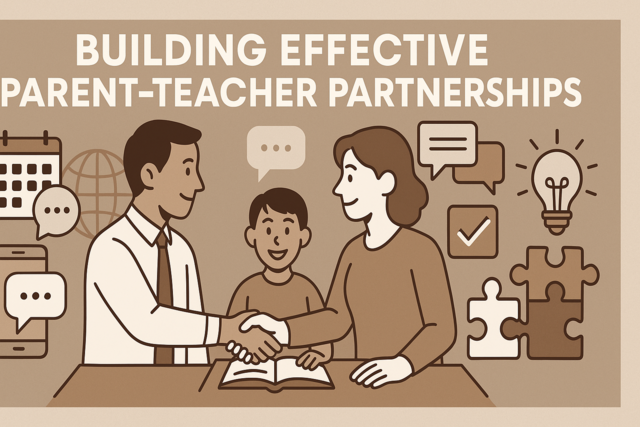 6 hours
0.6 CEUs
Building Effective Parent-Teacher Partnerships
+ More Info
6 hours
0.6 CEUs
Building Effective Parent-Teacher Partnerships
+ More Info
-
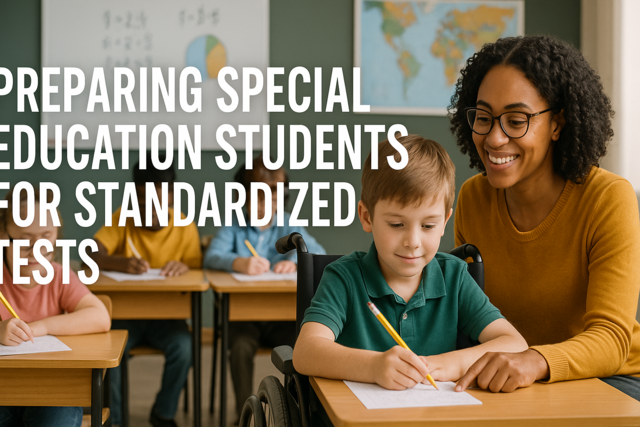 3 hours
0.3 CEUs
Preparing Special Education Students for Standardized Tests
+ More Info
3 hours
0.3 CEUs
Preparing Special Education Students for Standardized Tests
+ More Info
-
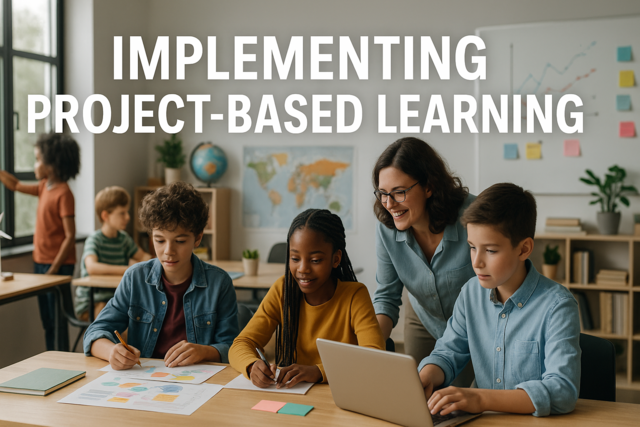 4 hours
0.4 CEUs
Implementing Project-Based Learning
+ More Info
4 hours
0.4 CEUs
Implementing Project-Based Learning
+ More Info
-
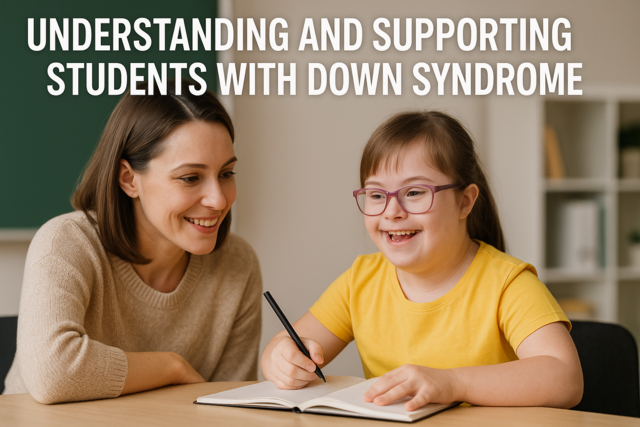 3 hours
0.3 CEUs
Understanding and Supporting Students with Down Syndrome
+ More Info
3 hours
0.3 CEUs
Understanding and Supporting Students with Down Syndrome
+ More Info
-
 4 hours
0.4 CEUs
Time Management Mastery
+ More Info
4 hours
0.4 CEUs
Time Management Mastery
+ More Info
-
 4 hours
0.4 CEUs
Esoteric Traditions and Ancient Wisdom
+ More Info
4 hours
0.4 CEUs
Esoteric Traditions and Ancient Wisdom
+ More Info
-
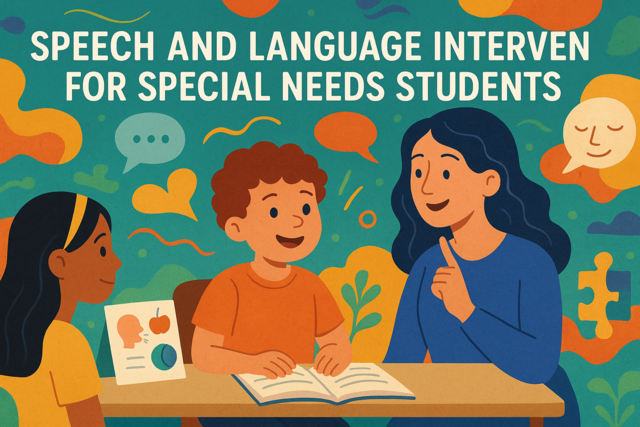 7 hours
0.7 CEUs
Speech and Language Interventions for Special Needs Students
+ More Info
7 hours
0.7 CEUs
Speech and Language Interventions for Special Needs Students
+ More Info
-
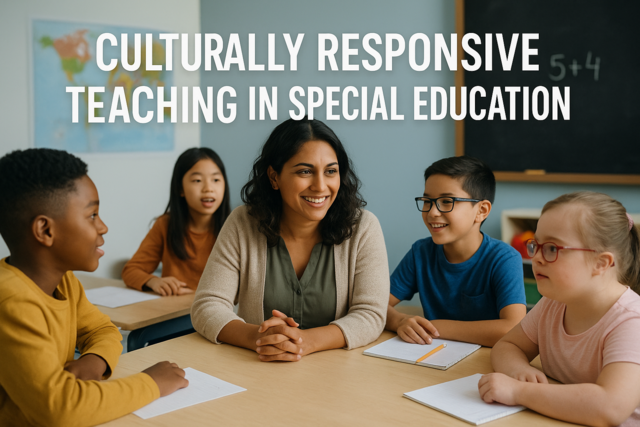 6 hours
0.6 CEUs
Culturally Responsive Teaching in Special Education
+ More Info
6 hours
0.6 CEUs
Culturally Responsive Teaching in Special Education
+ More Info
-
 4 hours
0.4 CEUs
The Giving Relationship: Balancing Support and Independence
+ More Info
4 hours
0.4 CEUs
The Giving Relationship: Balancing Support and Independence
+ More Info
-
 3 hours
0.3 CEUs
Supervisory Skills for New Managers
+ More Info
3 hours
0.3 CEUs
Supervisory Skills for New Managers
+ More Info
-
 7 hours
0.7 CEUs
Advanced PowerPoint Presentation Skills
+ More Info
7 hours
0.7 CEUs
Advanced PowerPoint Presentation Skills
+ More Info
-
 3 hours
0.3 CEUs
Cybersecurity Basics for All
+ More Info
3 hours
0.3 CEUs
Cybersecurity Basics for All
+ More Info
-
 5 hours
0.5 CEUs
Advanced Communication Skills for the Workplace
+ More Info
5 hours
0.5 CEUs
Advanced Communication Skills for the Workplace
+ More Info
-
 3 hours
0.3 CEUs
Beyond the Veil: Mysteries of Life After Death
+ More Info
3 hours
0.3 CEUs
Beyond the Veil: Mysteries of Life After Death
+ More Info
-
 5 hours
0.5 CEUs
Advanced Pedagogical Techniques
+ More Info
5 hours
0.5 CEUs
Advanced Pedagogical Techniques
+ More Info
-
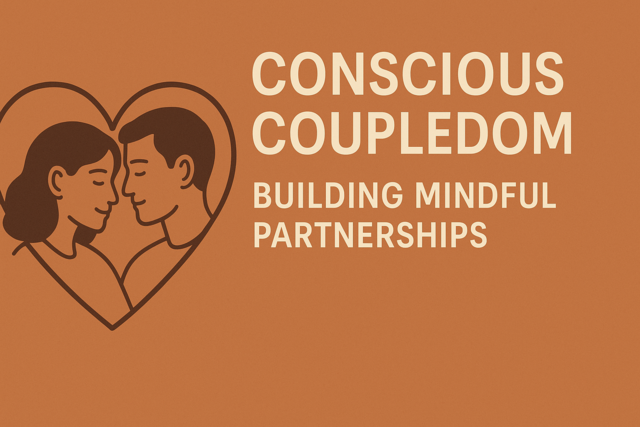 6 hours
0.6 CEUs
Conscious Coupledom: Building Mindful Partnerships
+ More Info
6 hours
0.6 CEUs
Conscious Coupledom: Building Mindful Partnerships
+ More Info
-
 7 hours
0.7 CEUs
Integrating Arts into the Curriculum
+ More Info
7 hours
0.7 CEUs
Integrating Arts into the Curriculum
+ More Info
-
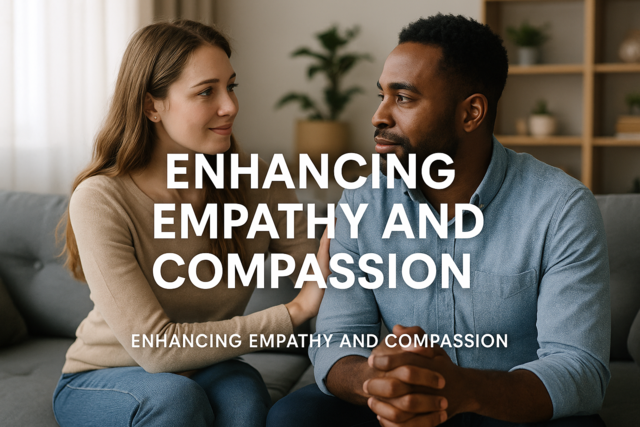 7 hours
0.7 CEUs
Enhancing Empathy and Compassion
+ More Info
7 hours
0.7 CEUs
Enhancing Empathy and Compassion
+ More Info
-
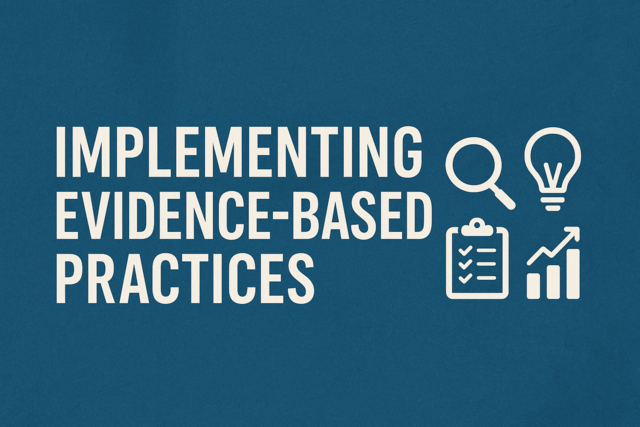 5 hours
0.5 CEUs
Implementing Evidence-Based Practices
+ More Info
5 hours
0.5 CEUs
Implementing Evidence-Based Practices
+ More Info
-
 4 hours
0.4 CEUs
Preparing for a Career Change
+ More Info
4 hours
0.4 CEUs
Preparing for a Career Change
+ More Info
-
 4 hours
0.4 CEUs
Enhancing Student Engagement and Motivation
+ More Info
4 hours
0.4 CEUs
Enhancing Student Engagement and Motivation
+ More Info
-
 6 hours
0.6 CEUs
Phenomena of the Mind: Examining Telepathy and Psychic Abilities
+ More Info
6 hours
0.6 CEUs
Phenomena of the Mind: Examining Telepathy and Psychic Abilities
+ More Info
-
 6 hours
0.6 CEUs
Ethical Decision-Making in Business
+ More Info
6 hours
0.6 CEUs
Ethical Decision-Making in Business
+ More Info
-
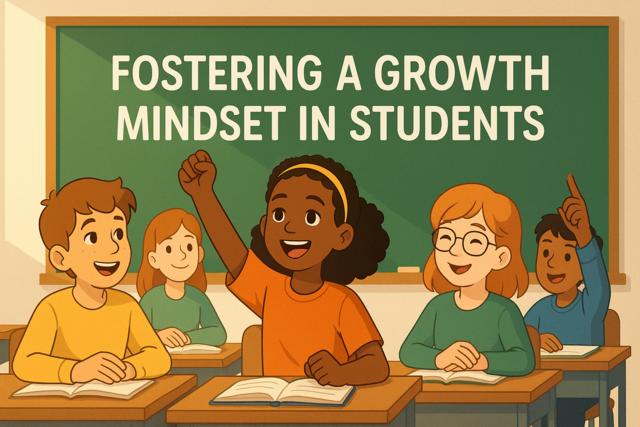 6 hours
0.6 CEUs
Fostering a Growth Mindset in Students
+ More Info
6 hours
0.6 CEUs
Fostering a Growth Mindset in Students
+ More Info
-
 5 hours
0.5 CEUs
Understanding Social Media for Business
+ More Info
5 hours
0.5 CEUs
Understanding Social Media for Business
+ More Info
-
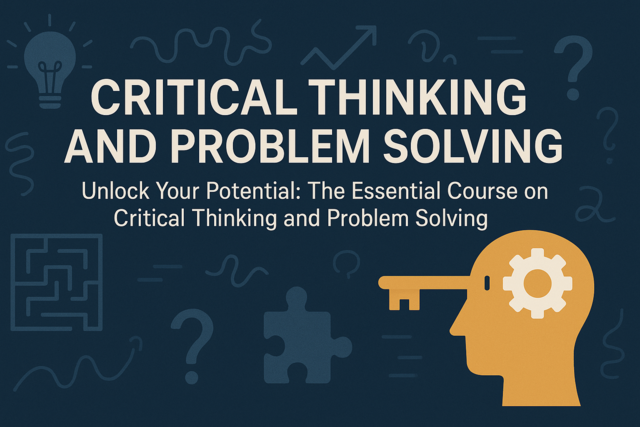 5 hours
0.5 CEUs
Critical Thinking and Problem Solving
+ More Info
5 hours
0.5 CEUs
Critical Thinking and Problem Solving
+ More Info
-
 6 hours
0.6 CEUs
Beyond Glamour: Women's Luxury Fashion Unveiled
+ More Info
6 hours
0.6 CEUs
Beyond Glamour: Women's Luxury Fashion Unveiled
+ More Info
-
 3 hours
0.3 CEUs
Social Media Content Creation
+ More Info
3 hours
0.3 CEUs
Social Media Content Creation
+ More Info
-
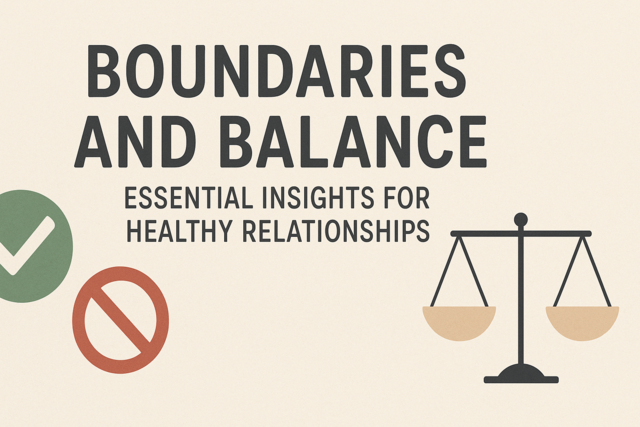 6 hours
0.6 CEUs
Boundaries and Balance: Essential Insights for Healthy Relationships
+ More Info
6 hours
0.6 CEUs
Boundaries and Balance: Essential Insights for Healthy Relationships
+ More Info
-
 4 hours
0.4 CEUs
Polished Precision: Men's Guide to Luxurious Tailoring
+ More Info
4 hours
0.4 CEUs
Polished Precision: Men's Guide to Luxurious Tailoring
+ More Info
-
 7 hours
0.7 CEUs
Basics of Entrepreneurship
+ More Info
7 hours
0.7 CEUs
Basics of Entrepreneurship
+ More Info
-
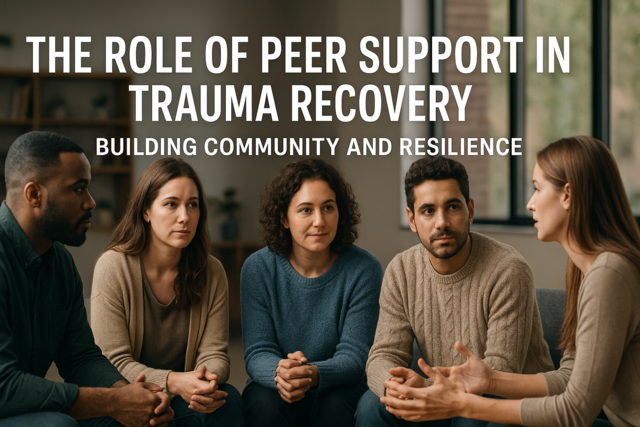 3 hours
0.3 CEUs
The Role of Peer Support in Trauma Recovery: Building Community and Resilience
+ More Info
3 hours
0.3 CEUs
The Role of Peer Support in Trauma Recovery: Building Community and Resilience
+ More Info
-
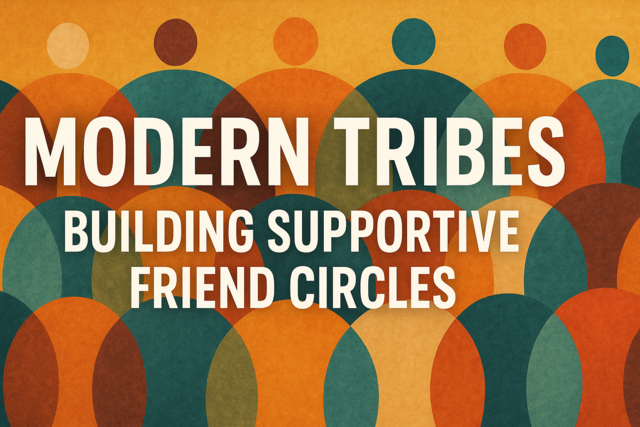 6 hours
0.6 CEUs
Modern Tribes: Building Supportive Friend Circles
+ More Info
6 hours
0.6 CEUs
Modern Tribes: Building Supportive Friend Circles
+ More Info
-
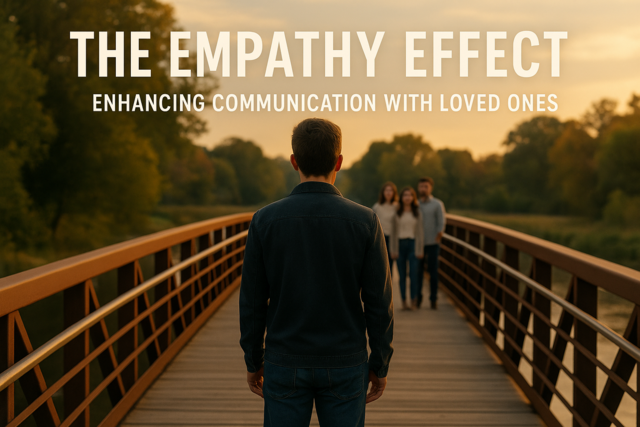 3 hours
0.3 CEUs
The Empathy Effect: Enhancing Communication with Loved Ones
+ More Info
3 hours
0.3 CEUs
The Empathy Effect: Enhancing Communication with Loved Ones
+ More Info
-
 7 hours
0.7 CEUs
Trauma Typologies: Exploring Varieties of Psychological Wounds
+ More Info
7 hours
0.7 CEUs
Trauma Typologies: Exploring Varieties of Psychological Wounds
+ More Info
-
 7 hours
0.7 CEUs
The Power of Vulnerability: Authentic Connections in a Busy World
+ More Info
7 hours
0.7 CEUs
The Power of Vulnerability: Authentic Connections in a Busy World
+ More Info
-
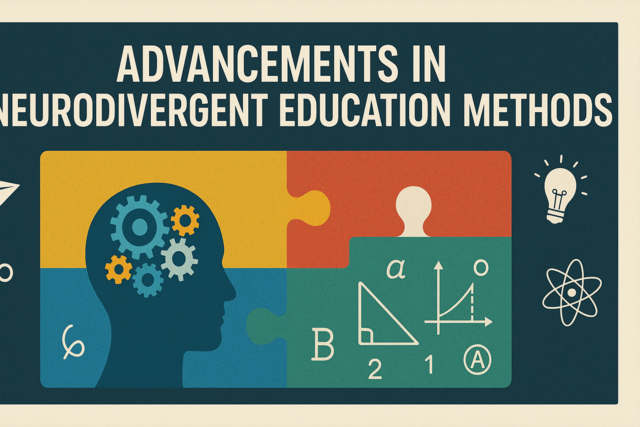 3 hours
0.3 CEUs
Advancements in Neurodivergent Education Methods
+ More Info
3 hours
0.3 CEUs
Advancements in Neurodivergent Education Methods
+ More Info


